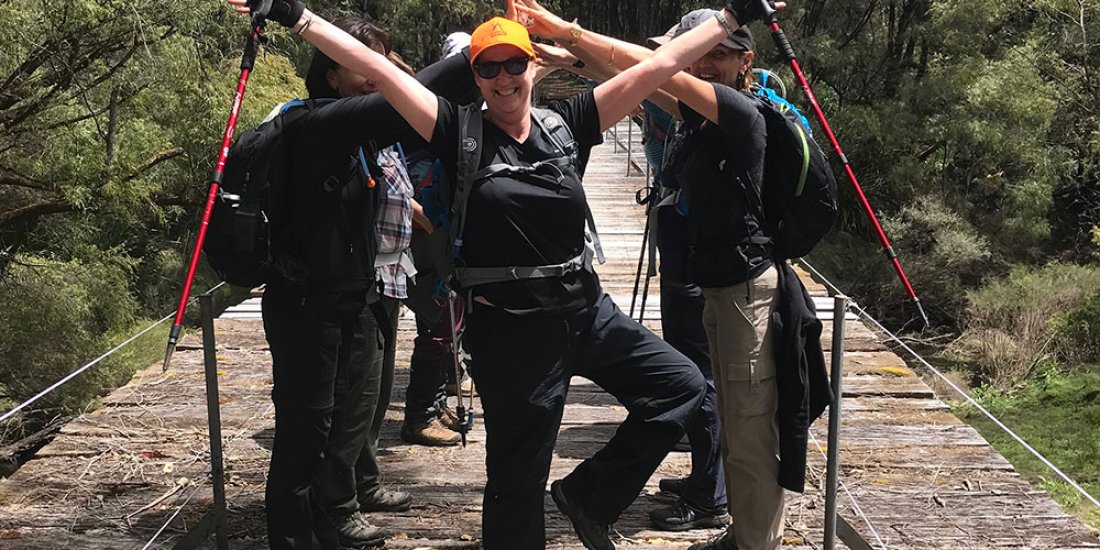Five ways that walking boosts your brain power
 Photo By: Sue O
Photo By: Sue O Ever wondered just how beneficial walking can be? Wonder no more.
Running or walking - that's one of life's great debates and there's usually two camps very strong in their opinion about what is better for you.
However the Heart Foundation has identified the top five ways your brain gets a boost all thanks to hitting the pavement.
- A 2014 University of British Columbia study found that regular exercise appeared to boost the size of the hippocampus, the brain area involved in memory and learning. This area is also known to shrink in people who suffer from memory disorders such as Alzheimers.
- A ten-year study at the University of Pittsburgh also found that walking literally built up the brain. It found that walking eight kilometres a week for a year helped maintain brain volume and reduce memory problems in people who were starting to have trouble learning new things, concentrating, or making decisions.
- Walking affected the brain in two ways, the Pittsburgh University study found. It offset the annual usual one to two per cent shrinkage of the hippocampus that happens in older adults. It also increased the size of the hippocampus by two per cent.
- A 2010 University of Illinois study found that three 40 minute sessions of walking a week improved connectivity in an area of brain circuitry known as the “default mode network”. People with better connections between parts of this area tend to be better at planning, prioritizing, strategizing and multi-tasking.
- A Stanford University study found that walking also boosted the power to think creatively. People’s creative thinking was assessed as they sat and walked both indoors and outdoors. Most people were more creative while they were walking, the researchers found, even when indoors on a treadmill.
Originally Published here

Heart Foundation
Funding lifesaving heart research, and work to improve heart disease prevention and care for all Australians.
https://www.heartfoundation.org.au/ Adventurous Women ® 

